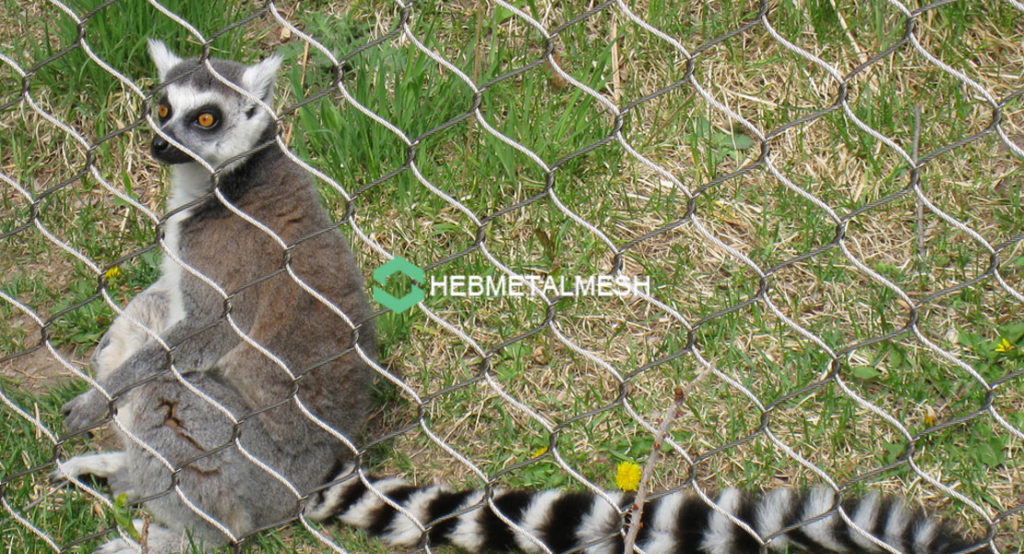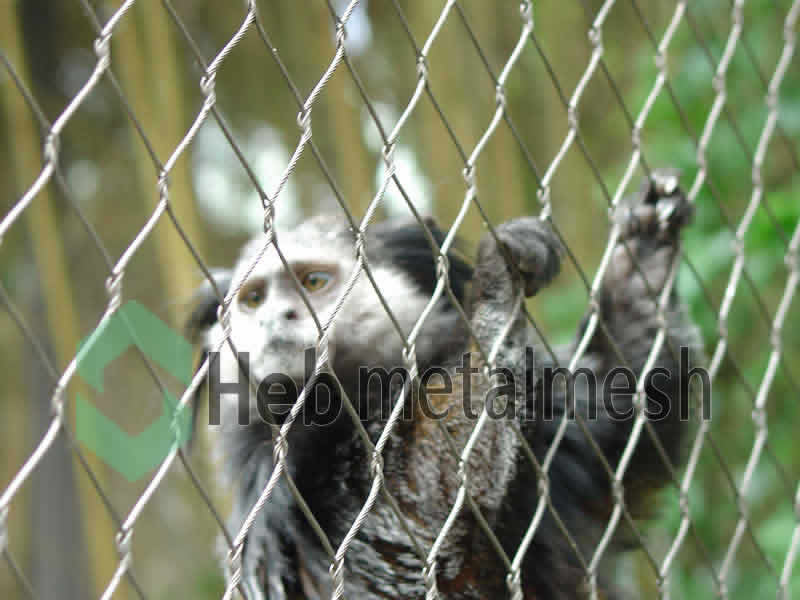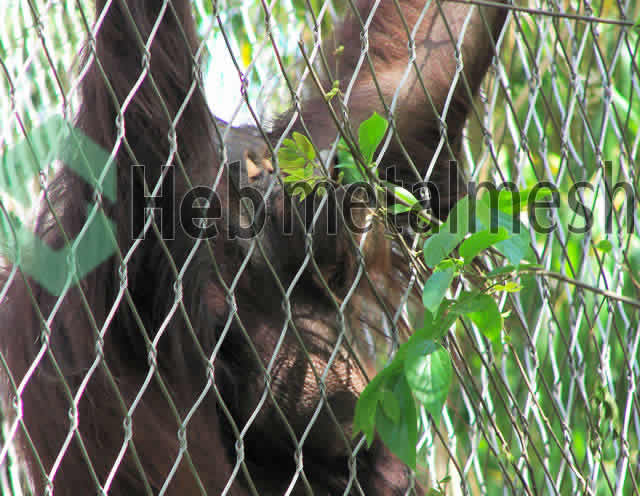As a pet owner, keeping your furry friends safe and secure is always a top priority. One way to ensure their safety is by installing a small animal fence around your property. But with so many different types of fences available, how do you choose the perfect one for your needs and budget? In this article, I’ll take you through everything you need to know about small animal fences, from the different types and factors to consider when choosing one, to installation tips and common mistakes to avoid.
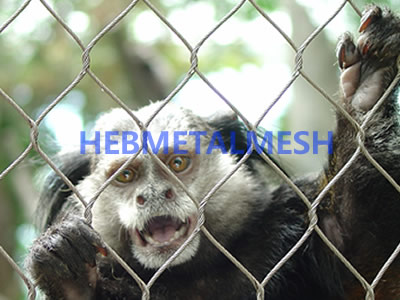
What is a Small Animal Fence and Why Do You Need It?
A small animal fence is a barrier designed to keep small pets and animals within a specific area, while also preventing larger animals from entering. It can be made from a range of materials, including wood, vinyl, metal, or wire mesh. Small animal fences are typically used in residential settings to keep pets safe and contained, as well as to protect gardens and other outdoor areas from wildlife.
There are several reasons why you might need a small animal fence. If you have pets that like to roam, a fence can provide them with a safe and secure space to play and explore. It can also help keep them away from potential hazards, such as busy roads or neighboring pets. Additionally, if you have a garden or outdoor space that you want to protect from animals like rabbits, squirrels, or deer, a small animal fence can help keep them out and prevent damage to your property.
Types of Small Animal Fences
When it comes to small animal fences, there are several different types to choose from, each with its own set of advantages and disadvantages. Here are some of the most common types of small animal fences:
Wooden Fences
Wooden fences are a popular choice for small animal enclosures, as they provide a natural and rustic look that complements many outdoor spaces. They can be made from a range of woods, including cedar, pine, and redwood, and can be stained or painted to match your home’s exterior. However, wooden fences can be susceptible to rotting and warping over time, so they may require regular maintenance to keep them in good condition.
Vinyl Fences
Vinyl fences are another popular option for small animal enclosures, as they are durable and require minimal maintenance. They are available in a range of colors and styles, so you can choose a design that complements your home’s exterior. However, vinyl fences can be more expensive than other types of fences, so they may not be the best option if you’re on a tight budget.
Metal Fences
Metal fences, such as those made from aluminum or wrought iron, are a sturdy and long-lasting option for small animal enclosures. They can be customized to fit your specific needs and can provide a more decorative look than other types of fences. However, metal fences can be more expensive than other options, and they may require regular maintenance to prevent rusting and corrosion.
Wire Mesh Fences
Wire mesh fences are a simple and affordable option for small animal enclosures. They are typically made from galvanized steel or coated wire and can be easily installed around gardens, flower beds, or other outdoor areas. However, wire mesh fences may not be as durable as other types of fences, and they may not provide as much protection against larger animals.
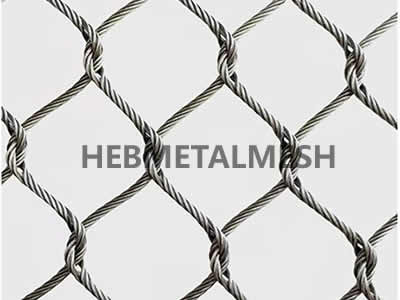
Factors to Consider When Choosing a Small Animal Fence
When choosing a small animal fence, there are several factors to consider to ensure that you choose the right one for your needs and budget. Here are some of the most important factors to keep in mind:
Pet Size and Behavior
The size and behavior of your pets will play a big role in determining the type of fence you need. If you have small pets like rabbits or guinea pigs, you may only need a low fence to keep them contained. However, if you have larger pets like dogs, you’ll need a taller fence that can withstand their jumping and digging.
Property Size and Layout
The size and layout of your property will also impact the type of fence you need. If you have a large property, you may need a longer fence to enclose the entire area. Additionally, if your property has slopes or uneven terrain, you’ll need to choose a fence that can adapt to these conditions.
Local Regulations
Before installing a small animal fence, it’s important to check with your local regulations to ensure that you comply with any zoning or building codes. Some areas may have restrictions on the height or type of fence you can install, so it’s important to do your research before making a purchase.
Budget
Finally, your budget will also play a big role in determining the type of fence you can afford. While some fences may be more expensive than others, it’s important to choose a fence that meets your needs without breaking the bank.
Budget-Friendly Small Animal Fence Options
If you’re on a tight budget, there are several budget-friendly small animal fence options to consider. Here are some of the most affordable options:
Chicken Wire Fences
Chicken wire fences are a simple and affordable option for small animal enclosures. They are made from lightweight wire mesh and can be easily cut to size and installed around gardens or outdoor areas. While they may not be as durable as other types of fences, they can be a good option if you just need a temporary solution.
Split Rail Fences
Split rail fences are a classic and affordable option for small animal enclosures. They are made from wooden posts and rails and can be easily customized to fit your specific needs. While they may not provide as much protection as other types of fences, they can be a good option if you’re looking for a simple and rustic look.
Electric Fences
Electric fences are an affordable and effective option for small animal enclosures. They use a low-voltage electric charge to deter animals from crossing the barrier, without causing harm. While they may require more maintenance than other types of fences, they can be a good option if you have a large property or need a more flexible solution.
Small Animal Fence Installation Tips
Once you’ve chosen the perfect small animal fence for your needs and budget, it’s time to start thinking about installation. Here are some tips to ensure a successful installation:
Prepare the Ground
Before installing your fence, make sure the ground is level and free from any obstacles like rocks or tree roots. This will help ensure that your fence sits evenly and securely in place.
Choose the Right Posts
Choosing the right posts is essential for a sturdy and long-lasting fence. Make sure to choose posts that are strong enough to support the weight of the fence, and that are treated to resist rotting and decay.
Use Proper Fencing Techniques
When installing your fence, make sure to use proper fencing techniques to ensure a secure and stable structure. This may include using concrete to secure the posts, or adding cross braces to prevent sagging.
Maintaining Your Small Animal Fence
To ensure that your small animal fence stays in good condition over time, it’s important to take proper care of it. Here are some maintenance tips to keep in mind:
Clean Regularly
Cleaning your fence regularly can help prevent dirt and debris from building up, which can lead to rotting or corrosion. Use a mild detergent and a soft brush to clean your fence, and rinse thoroughly with water.
Check for Damage
Regularly inspect your fence for any signs of damage, such as loose boards or rusted metal. Repair any damage as soon as possible to prevent it from getting worse.
Keep Vegetation at Bay
Vegetation can quickly overgrow and damage your fence if left unchecked. Regularly trim any plants or weeds that are growing near your fence to prevent damage.
Small Animal Fence Accessories to Consider
In addition to the fence itself, there are several accessories and add-ons that can enhance the functionality and appearance of your small animal fence. Here are some accessories to consider:
Gates and Latches
Gates and latches can provide easy access to your small animal enclosure, while also keeping pets and animals securely contained. Choose a gate and latch that matches the design and style of your fence.
Decorative Elements
Adding decorative elements like post caps or finials can help enhance the aesthetic appeal of your small animal fence. Choose elements that complement the design and style of your fence.
Lighting
Adding lighting to your small animal fence can provide added security and visibility, especially at night. Choose lighting that is weather-resistant and energy-efficient.
Common Mistakes to Avoid When Choosing a Small Animal Fence
When choosing a small animal fence, there are several common mistakes to avoid to ensure that you choose the right one for your needs and budget. Here are some mistakes to watch out for:
Choosing the Wrong Height
Choosing the wrong fence height can be a costly mistake. Make sure to choose a fence that is tall enough to keep your pets and animals securely contained, without being too tall that it violates local zoning regulations.
Skimping on Quality
Choosing a cheap and low-quality fence may save you money upfront, but it can end up costing you more in the long run. Make sure to choose a fence that is made from high-quality materials and that is built to last.
Ignoring Local Regulations
Ignoring local regulations can result in fines and legal issues down the line. Make sure to check with your local authorities to ensure that you comply with any zoning or building codes.
Small Animal Fence FAQs
How tall should a small animal fence be?
The height of your small animal fence will depend on the size and behavior of your pets and animals. As a general rule, a fence should be at least 4-6 feet tall to keep larger animals like dogs out, and at least 1-2 feet tall to keep smaller animals like rabbits and guinea pigs contained.
How much does a small animal fence cost?
The cost of a small animal fence will depend on a range of factors, including the type of fence, the size of your property, and the materials used. On average, a small animal fence can cost anywhere from $500 to $2,500 or more.
How long will a small animal fence last?
The lifespan of a small animal fence will depend on the type of fence and the materials used. Wooden fences may last anywhere from 5-20 years, while vinyl and metal fences can last upwards of 50 years or more with proper maintenance.
Conclusion
Choosing the perfect small animal fence for your needs and budget doesn’t have to be a daunting task. By considering factors like pet size and behavior, property size and layout, and local regulations, you can choose a fence that provides the necessary protection and security for your furry friends. With the right installation techniques and maintenance, your small animal fence can provide years of reliable and durable service.
